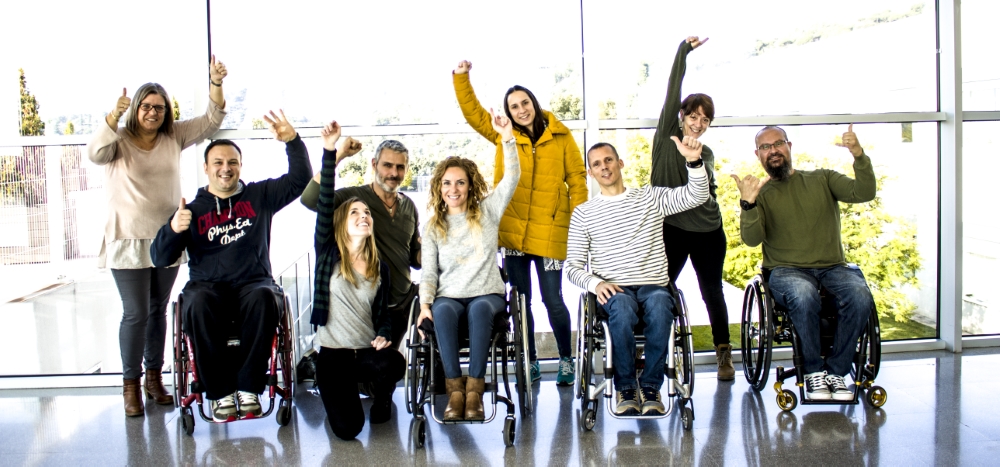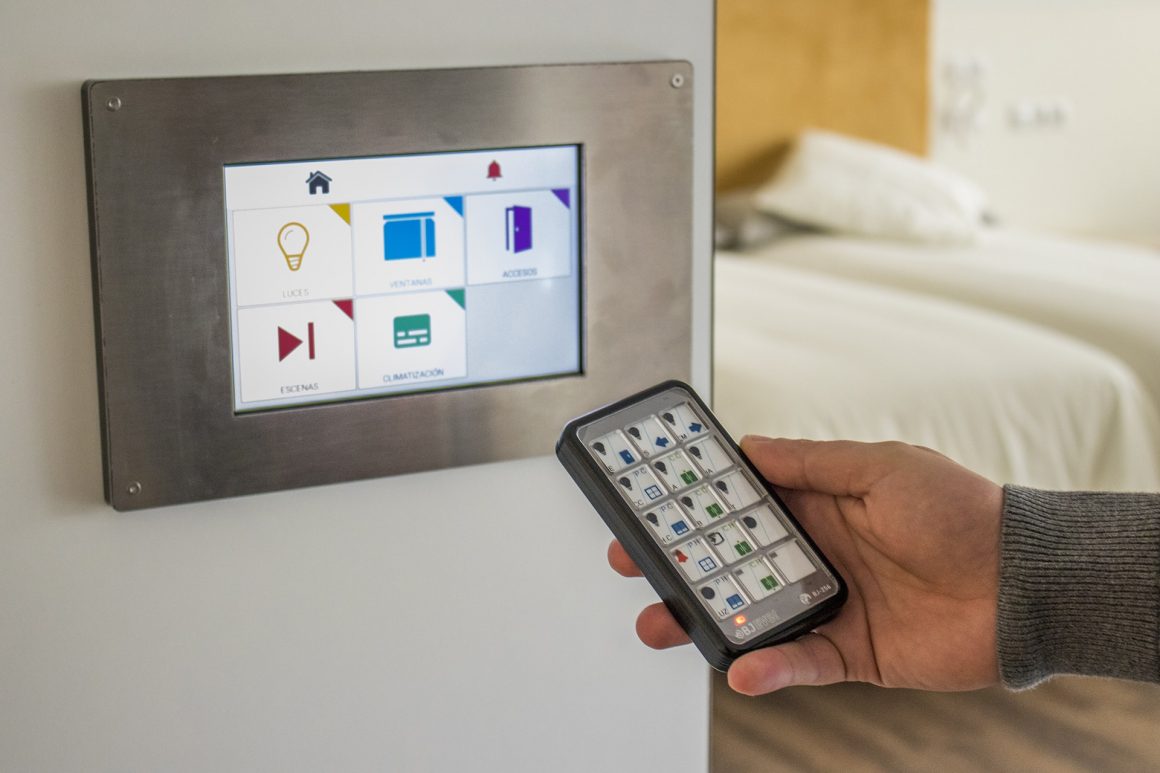Glossary Independent Living-related terms
This glossary aims to clarify some of the terms we use in Guttmann Barcelona Life and which can lead to confusion as they may be used in everyday disability-related language even if their meaning is not clear.
Extensive glossary in relation to Independent Living
Access the document with the extensive glossary here.




